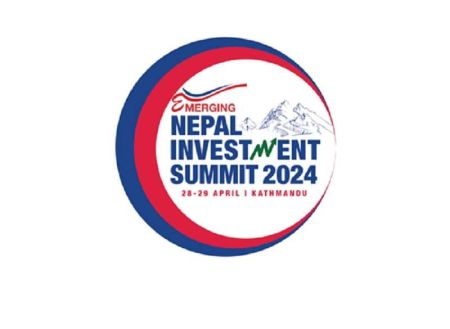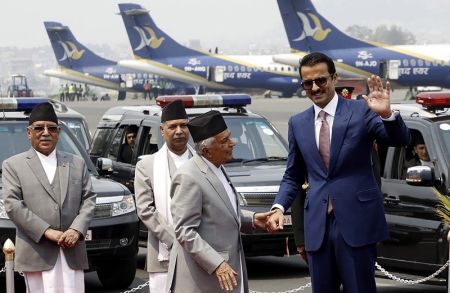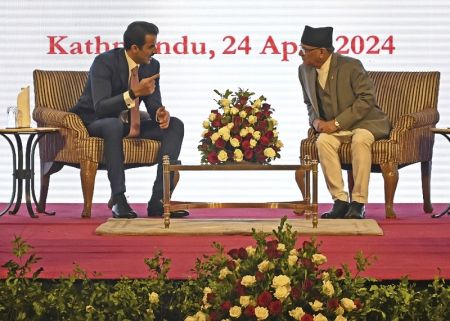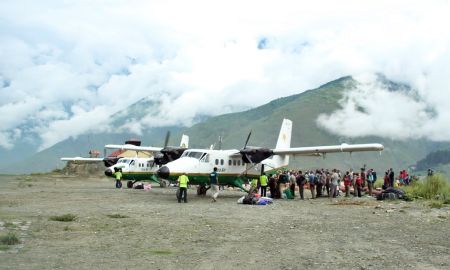October 4: The World Bank has approved a USD 60 million credit to support the second phase of the Enhanced Vocational Education and Training Project in Nepal.
The second phase of training is designed to help the country improve equitable access to market relevant training programs and to strengthen the delivery of Technical Education and Vocational Training (TEVT), according to the World Bank.
In Nepal, TVET is an important intermediary between youth and the labor market through the provision of pre-employment skills, reads a press statement issued by the World Bank.
According to the World Bank, between 450,000 and 500,000 Nepali youth come of working age every year, most of whom will enter either the domestic or the foreign labor market with limited education and skills.
On the other hand, the annual intake capacity in short-term and long-term TVET programs in the country was between 100,000 and 120,000 in 2016, the bank further said. While TVET has grown in size over time with formal and informal providers across a variety of government and non-government entities, it continues to face the challenges of quality training for domestic and foreign labor markets, inclusion and cohesion.
“Skill development of the workforce through investment in human capital including technical and vocational education and training are critical for the successful implementation of the country’s emerging jobs agenda,” said Takuya Kamata, the World Bank’s country manager for Nepal.
Activities in the second phase training include upgrading the quality of TVET facilities, supporting key human resources that are critical for the quality of service delivery, improving access for disadvantaged groups, supporting missing links between training and placement to help youth find work, improving the availability of information linking skills supply and demand, and improving governance through performance-based funding of training providers, according to the bank. The project will also support migrants through training and skill testing and certification.
“While there is substantial underemployment and informal employment dominates, an increased focus on skills and employability will help Nepal benefit from its potential youth dividend,” said Sangeeta Goyal, senior economist and the bank’s task team leader for the project.






















